Best Basic Current Account Providers UK 2025: Expert Comparison
We compare the UK's top basic current account providers to help you manage your finances more effectively.
Published:
When you purchase through links on our site, we may earn an affiliate commission. Here's how it works.

Getting your finances back on track isn’t easy if you’ve made money mistakes. Basic bank accounts offer a simple way to manage your money—ideal if you’re new to banking, have a poor credit history, or want to avoid fees.
They usually provide essential features, such as allowing you to receive wages or state benefits, pay by direct debit, and withdraw cash. However, these accounts don’t typically include overdrafts and chequebooks or pay interest.
We’ve analysed the best current accounts with no fees, comparing online and mobile banking, debit card availability, and eligibility requirements. Whatever your goals, we’ve got you covered.
7 best basic accounts in 2025 compared
Let’s look at the top options so you can secure the best account for you.
Policy | Best for | Our expert score | Accepts customers with undischarged bankruptcy | Minimum age | Credit check required | ATM limit |
Virgin M Account | Setting spending goals | 4.8/5 | Yes | 16 | Yes | £350 |
Co-op Cashminder | Savings access | 4.7/5 | Yes | 16 | Yes (soft search) | £250 |
Santander Basic Current Account | Cashback | 4.7/5 | Yes | 16 | Yes (soft search) | £300 |
Nationwide Building Society FlexBasic | Ethical banking | 4.6/5 | Yes | 18 | Yes (soft search) | £500 |
Barclaycard Basic Account | Withdrawals | 4.6/5 | Yes | 18 | Yes (soft search) | £500 |
TSB Cash Account | Discounts | 4.5/5 | Yes | 18 | Yes (soft search) | £500 |
NatWest Foundation Account | Bad credit | 4.5/5 | Yes | 18 | Yes (soft search) | £300 |
1. Virgin M Account – Best for spending goals

Pros
- Allows you to create spending goals
- Accepts undischarged bankruptcies
- Applications don’t impact your credit score
- Available to those with non-standard ID
- No transaction fees abroad
Cons
- No interest on in-credit balances
- Hard credit check required
The Virgin Money M Account is a no-fee current account. Available to anyone over 16, it allows you to receive payments, pay bills, set up direct debits, and use your contactless debit card in-store, online, or abroad without transaction fees.
You’ll get access to the Virgin Money app and online banking, enabling you to track spending, set budgets, and create savings goals via ‘Savings Pots.’
You earn 1% interest on balances up to £1,000. The linked savings account pays 2.5% AER on balances up to £25,000. Applying for this account won’t damage your credit score, and the bank accepts non-standard forms of ID.
Why buy? Expert verdict
Virgin Money could be a great option if you struggle to bank through mainstream lenders, as it accepts non-standard forms of ID. You can use identification not typically accepted by other banks, such as government-issued letters and state benefit documents.
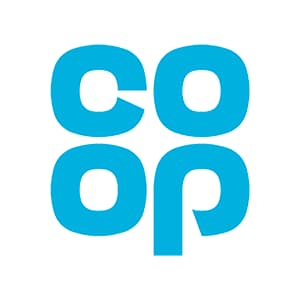
Our expert score: 4.7/5
Pros
- Access to a regular saver paying 7% interest
- No credit check
- Cash withdrawal fees don’t apply
- Access to exclusive savings
- Applications don’t affect your credit file
Cons
- Charges for using the card abroad
With a Cashminder account, you’ll receive a free debit card and can make payments via Apple Pay, Google Pay, or Samsung Wallet. While it doesn’t include overdraft or cheque facilities, the account allows joint applications and offers access to exclusive savings accounts—features not available through all competitors.
Opening an account is straightforward, with a credit reference check that doesn’t leave a footprint on your credit file. It’s available to those over 16 and anyone who has previously experienced bankruptcy.
The Co-op could be a good bet if you’re looking to build up a nest egg. If you sign up for this account, you’ll receive access to several exclusive savings products with a regular saver currently paying 7% interest.
However, the bank charges for using your debit card abroad and sending money outside the UK.
Why buy? Expert verdict
This account could be an excellent choice if you want to take a different approach to saving and day-to-day banking. The Co-op is owned by its members, who have an equal stake in the business and influence its decisions. At present, it has more than 5 million members.
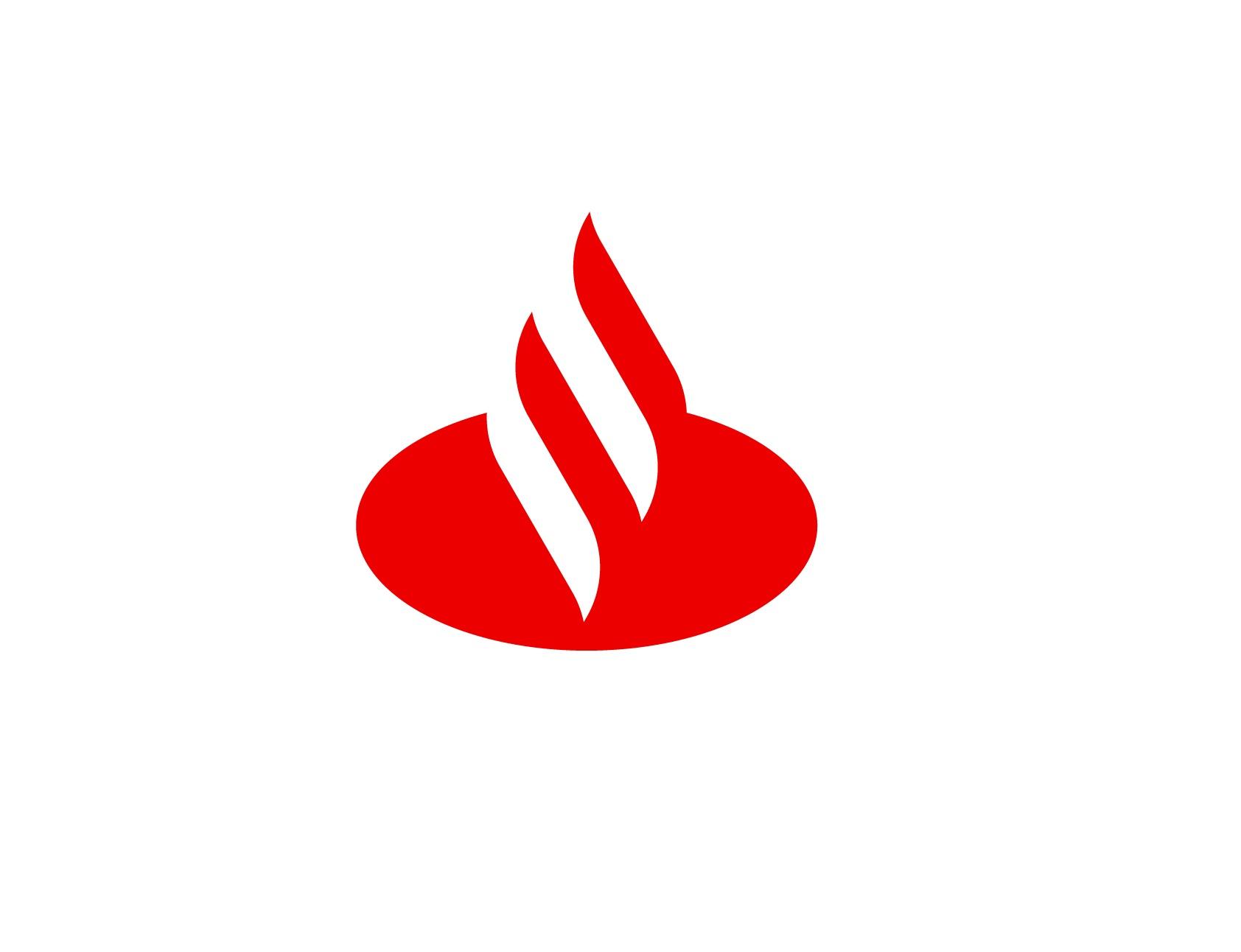
Our expert score: 4.7/5
Pros
- No fees for using Santander cash machines abroad
- Cashback, prize draws, and vouchers
- Contactless debit card
- Available to those 16 and over
- Text alerts if your balance falls below zero
Cons
- Mobile payments not available
- No traditional debit card
This account comes with a cash card that allows you to withdraw money and make payments. If you sign up for Santander Boosts, you'll also receive personalised rewards, including cashback, vouchers, and prize draw entries.
However, it doesn't include a debit card in the traditional sense. Instead, Santander offers a separate top-up debit card account, which you can load money onto from your main account.
Santander’s Basic Current Account lets you set up direct debits and standing orders to handle regular payments. It also includes online and mobile banking, allowing you to check your balance and transfer money. You can deposit and withdraw money at Santander branches and use its ATM network across the UK.
To open an account, you must be at least 16 years old and live in the UK for tax purposes.
Why buy? Expert verdict
Although some may still regard Santander as a relative newcomer in the market, its statistics are impressive. It has 173 million customers and has recently shown 17.9% profitability, making it a reliable bet.
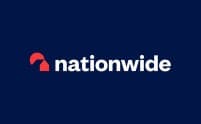
Our expert score: 4.6/5
Pros
- Excellent online banking facilities
- Ability to set up a gambling block
- Access to an optional savings account
- Freeze lost or stolen cards
- Access to Apple Pay, Google Pay, and Samsung Pay
Cons
- No interest on deposits
- Chequebooks not available
While it doesn’t provide interest on your balance or an overdraft facility, the FlexBasic account includes a Visa debit card for secure and contactless payment options up to £100. You can also pay with your phone using Apple Pay, Google Pay, or Samsung Pay.
Additionally, Nationwide allows you to open an optional savings account and a joint account. Nationwide’s banking app lets you manage payments, set savings goals, and freeze your card if you believe it has been lost or stolen. It also enables you to set up a gambling block.
Why buy? Expert verdict
Unlike traditional banks, Nationwide is owned by its members, who are also its customers. This ownership structure allows Nationwide to prioritise the interests of its members rather than shareholder returns.
✍️ Have you used this bank? Share a rating and review for Nationwide on Review Centre.

Our expert score: 4.6/5
Pros
- Direct debits available
- Withdraw up to £300 per day
- Open online, in-app, or in branch
Cons
- No access to Barclays rewards
Barclays offers online banking and mobile app access. You’ll receive a Visa debit or cash card and can set up direct debits or standing orders. The account also provides text alerts, helping you stay on top of your spending.
However, you can’t apply for the rewards available with the bank’s other accounts, such as the Barclays Blue initiative, which offers enhanced savings and cashback rates.
You also can’t receive an overdraft or chequebook. The daily withdrawal limit from cash machines is £300, provided you have available funds.
Why buy? Expert verdict
Founded in 1690, Barclays could be attractive if you’re looking for a business with a strong and stable reputation. The bank is also present in more than 40 countries.
✍️ Have you used this bank? Share a rating and review for Barclays on Review Centre.
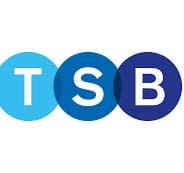
Our expert score: 4.5/5
Pros
- Contactless Visa debit card
- Discounts on cinema tickets, holidays, and takeaways
- Manage online, through the mobile app, or over the phone
- Access to 6% Monthly Saver
- Discounts on will writing
Cons
- No access to borrowing
- No arranged overdraft or chequebooks
The TSB Cash Account allows you to manage your finances online, through the mobile app, in-branch, or by phone. You can make secure payments and withdraw cash from ATMs with a contactless Visa debit card.
Through My TSB Rewards, you’ll also receive exclusive discounts on takeaways, holidays, cinema tickets, and essentials like MOTs.
If you add ‘Save the Pennies’ to your account, the bank rounds up every debit card payment you make to the nearest pound. Those spare pennies go into your Savings Pot or any other eligible TSB savings accounts you create.
However, the account doesn’t include an arranged overdraft or a chequebook. If you need a personal loan, overdraft, or credit card, you’ll have to upgrade to TSB’s Spend & Save account.
Why buy? Expert verdict
Although most basic accounts offer limited discounts, TSB is fairly generous. In addition to its various deals, My TSB Rewards offers 40% off will writing. In the UK, writing a will typically costs between £150 and £500.
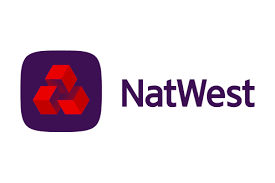
Our expert score: 4.5/5
Pros
- No monthly fees
- Available to those in bankruptcy
- Contactless debit card available
- Emergency cash feature if card lost or stolen
- UK-based call centres
Cons
- Can’t apply directly
- Minimum balance of £20 for emergency cash
- Not eligible for reward offers
With NatWest’s Foundation Account, you won’t pay interest or monthly fees, and there’s no overdraft facility. However, the account comes with a contactless debit card, access to online banking, a mobile app, and 24/7 customer support via UK-based call centres.
You can pay in and withdraw money, set up direct debits, and use features such as emergency cash access and text alerts to help stay on top of your balance.
While you can’t apply for this account directly, the bank may offer it if you apply for another account and don’t meet eligibility requirements.
Why buy? Expert verdict
The emergency cash withdrawal feature makes this account a real winner. While exact data on the number of debit cards stolen each year is difficult to pinpoint, UK Finance estimates that 2.7 million card fraud loss reports are filed annually.
How basic bank accounts work
Basic bank accounts work similarly to regular current accounts but tend to offer fewer features. There are several considerations when choosing the best basic account for bad credit, including the ability to:
- Receive payments: Organisations should be able to deposit wages, benefits, and pensions directly into your account.
- Withdraw cash: Withdraw money from cash machines, bank branches, and Post Office counters.
- Set up direct debits and standing orders: These accounts allow you to pay bills automatically, helping to manage regular payments such as rent, utilities, and subscriptions.
- Use a debit card: As with a standard account, you can use these for online and in-store spending.
- Access online and mobile banking: Banks typically provide digital and app-based banking services, helping those who don’t have time to visit a branch.
However, most basic bank accounts don’t offer an overdraft, meaning you can't spend more than the available balance. If a direct debit or standing order fails, the bank may reject the payment, resulting in late fees from utility companies and other providers.
Likewise, most basic bank accounts don’t offer switching bonuses, which provide a cash incentive to open a new account. You can learn more about the best bank switch offers here. You may want to consider one of these accounts if you qualify.
Basic bank accounts are primarily intended for individuals who may not qualify for a standard current account. This includes:
- Those with poor credit: These are people who have struggled with debt or missed payments and may find it difficult to open a regular account.
- Individuals with no credit history: Young people or those new to the UK.
- People with low incomes: Those receiving government benefits or earning a modest income.
- Those with a history of fraud (who are looking to get back on track): Basic bank accounts are ideal for consumers who have a complicated financial history.
- People who have been declared bankrupt: In the UK, bankruptcy usually stays on file for six years.
Who are the biggest basic bank account providers in the UK?
High-street banks such as Nationwide, NatWest, Santander, and TSB are typically the largest providers of basic accounts and are part of a government agreement to promote financial inclusion. The aim is to ensure all individuals and businesses can access affordable, appropriate, and responsible financial products and services, including transactions, payments, savings, credit, and insurance.
These institutions are regulated by the Financial Conduct Authority (FCA), and funds are protected by the Financial Services Compensation Scheme (FSCS), up to £85,000. The size, accessibility, and reputation of these businesses can make them the top choices for basic banking services. That said, the FCA is calling for increased awareness of basic bank accounts.
How to choose the best basic bank account
As with any financial decision, the right product depends on your circumstances. However, you may want to consider the following:
Eligibility requirements
Typically, basic bank accounts are available to those over 16 or 18. Some banks may refuse applications if you have a history of fraud.
Compare fees and charges
Basic bank accounts don’t typically charge monthly fees. However, some may apply fees for using a debit card abroad or unpaid direct debits.
Types of credit searches
The frequency and type of credit searches you undergo have a key impact on your credit score—a major consideration if you’re having financial difficulties. There are two types of credit searches: soft and hard.
A soft search checks your credit file without impacting your score, typically used for pre-approval or background checks. These searches are visible to you but not to businesses checking your rating in the future.
A hard inquiry impacts your credit score, indicating you're seeking new credit. Multiple hard searches in a short period can lower your score, making it more difficult to secure loans.
Alternatives to basic bank accounts
Although most bank accounts offer similar features, there are other options.
Some credit unions offer basic bank accounts, accepting applicants who are going through bankruptcy. Typically, these products have a monthly fee between £2 and £5, or you may need to maintain a minimum balance. Some offer cashback at select retailers to help balance costs.
A few bank or card-based accounts in the UK don’t run full credit checks, such as Co-op’s Cashminder and NatWest’s Foundation account. Known as ‘soft’ searches, these won’t impact your credit score, so pretty much anyone can open one—just be aware they often come with fees for opening or using them.
You can upgrade later if your circumstances change.
How we created this list: Factors we considered
We assessed satisfaction ratings on review sites and trade publications. We also judged terms and conditions and evaluated the following:
Ability to set up direct debits
We prioritised products that enabled direct debits. These ensure bills are automatically paid on time, reducing the risk of late fees or missed payments, which can be particularly difficult for those in financial distress. Additionally, they are often more cost-effective, with some providers such as energy companies giving discounts for paying this way.
Debit card availability
The availability of debit cards is key for financial management, regardless of your financial history. We gave extra points for contactless features.
Customer feedback
We delved into customer reviews from independent consumer forums, investigated service team professionalism, and assessed support levels for those in financial distress.
Industry reputation
We reviewed key industry publications to determine how other experts view the providers on our list.
Basic bank accounts FAQs
What documents do I need to apply?
Acceptable documents typically include a valid passport, UK driving licence, or biometric residence permit. Banks normally need a recent utility bill, council tax letter, or tenancy agreement to prove your address.
Can I be refused a basic bank account?
You can’t generally be refused if you meet the eligibility criteria; that is, you’re a legal resident in the UK and don’t already have a suitable current account. While uncommon, you can be denied a basic bank account if you can’t provide proof of address or if the bank suspects fraud.
What if I have a complaint?
The first step is asking your bank’s customer service to make things right. If you can’t agree, make a formal complaint. Under UK rules, the company has 8 weeks to investigate. After this, you can escalate matters to the Financial Ombudsman Service.
Conclusion
Selecting the right basic bank account is crucial in managing your finances effectively, especially for those with limited credit history or seeking a simple, fee-free option. Use this guide to compare providers and choose an account that fits your lifestyle and financial goals.
Take the time to assess your needs and evaluate what matters most to you, whether that’s online banking, mobile app features, or the ability to set up direct debits and standing orders. You can then apply for a product that offers the convenience and security to stay on top of your finances.
